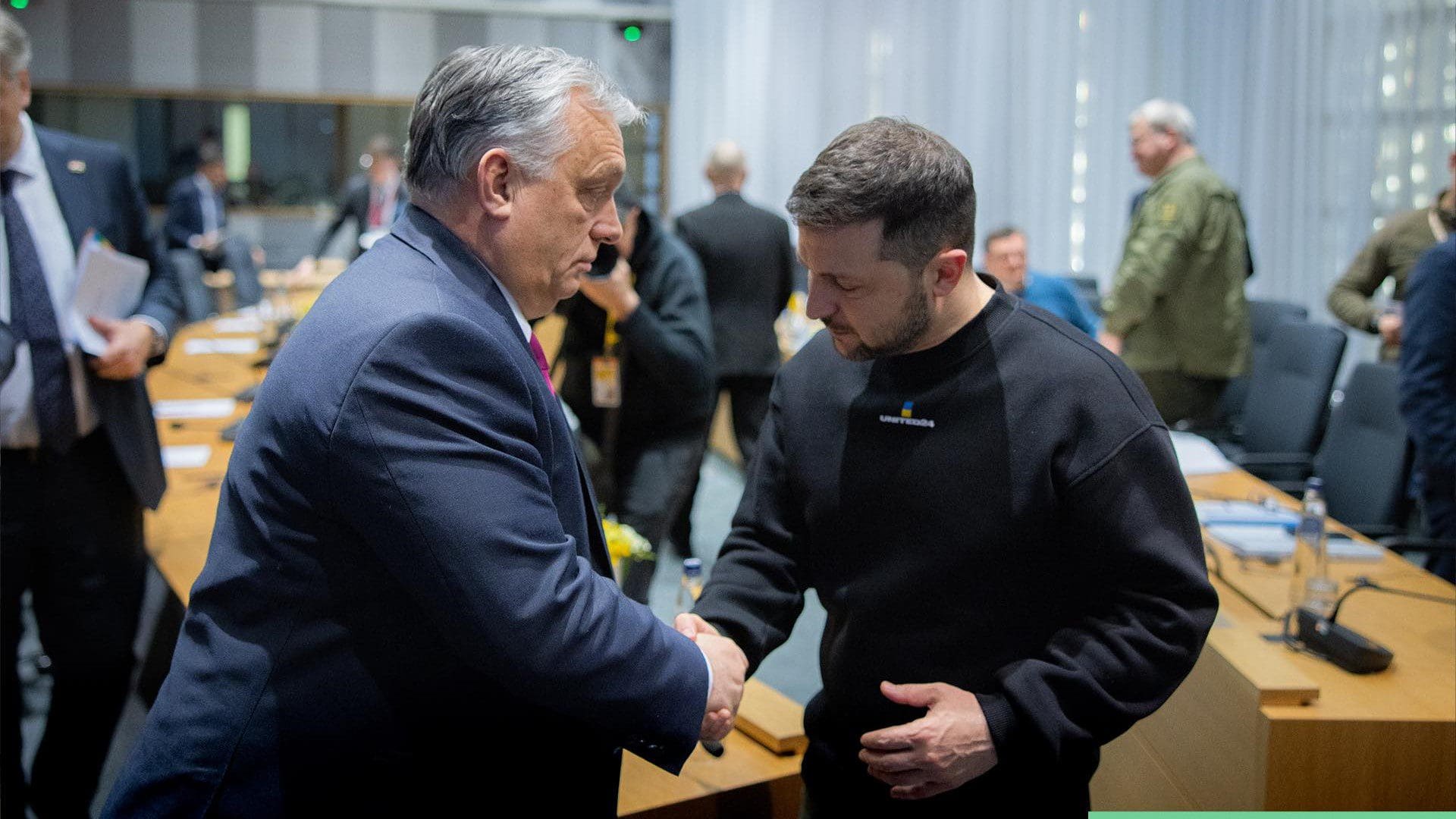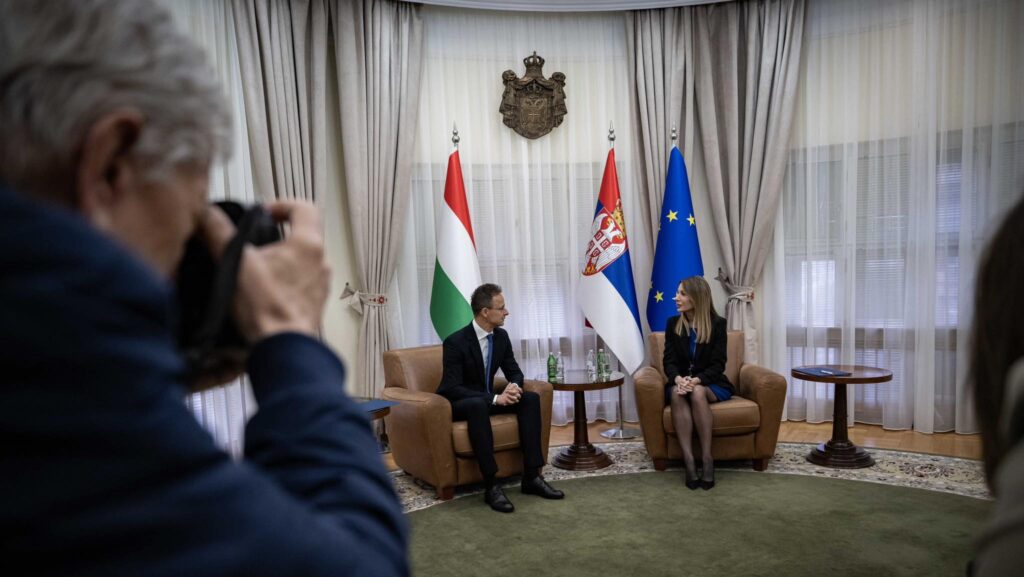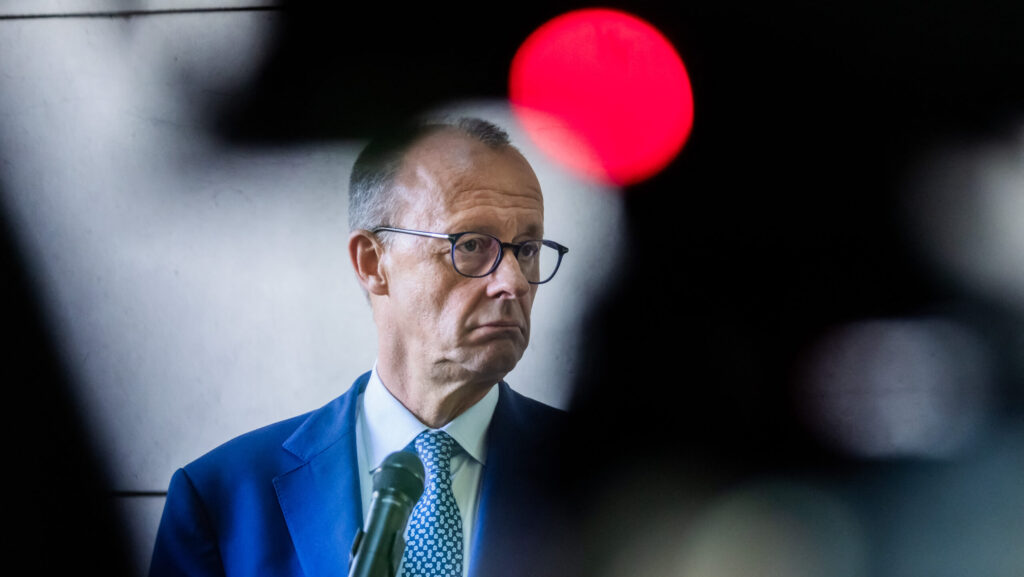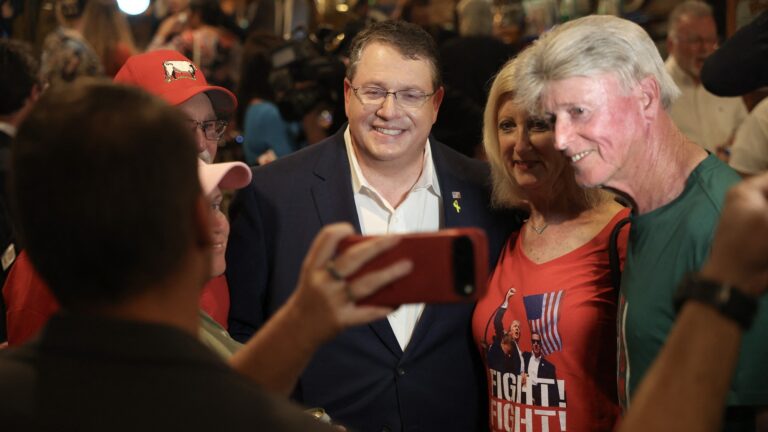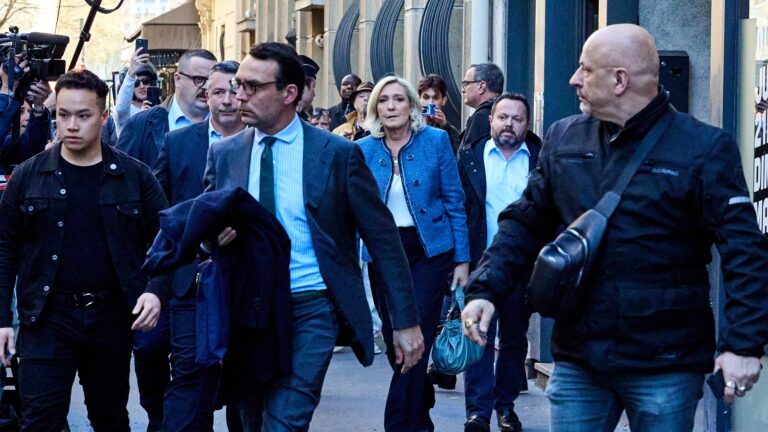On Thursday, 9 February, Volodymyr Zelenskyy appeared at the Special European Council Meeting in Brussels, Belgium. He was also invited to be included in the group photo of EU member state leaders. The Ukrainian president, along with EU Council President Charles Michel, walked on a red carpet to the site photoshoot, while receiving applause from many people present.
According to some claims online, including one by British freelance EU Correspondent Jack Parrock, Hungarian PM Viktor Orbán was the lone dissenter withholding his clap from the Ukrainian President. However, this is not true. Even the video footage Parrack himself posted along with his claim contradicts it.
As Ukrainian President Zelensky walks up for the family photo with EU leaders in Brussels, they all seem to clap, apart from one: Hungary’s Viktor Orban. #EUCO pic.twitter.com/H2W6yotNzd
— Jack Parrock (@jackeparrock) February 9, 2023
In the 16-second clip, Austrian Chancellor Karl Nehammer and Romanian President Klaus Iohannis do not appear to be clapping either. Nehammer is standing behind Orbán in close proximity, while Iohannis is slightly to his left. It is unclear if there was even any indirect political message intended by Orbán, or any of the two other statesmen, withholding their applause. However, what is clear is that stating that Orbán was the only one of the attendees not to applaud Zelenskyy is simply false.
Romanian press reports have also confirmed that President Johannis did not applaud. We have reached out to Chancellor Nehammer to clarify if he did clap or not. The Hungarian Prime Minister later met with President Zelenskyy, along with some other EU leaders, on the sidelines of the Council meeting, and also shared a picture of himself shaking hands with Zelenskyy on his social media.
It is perhaps worth adding that making an issue out of who claps or does not clap for a political figure is typical for communist regimes cultivating a cult of personality around a ‘great leader’. It’s something we could expect to see in North Korea, but in today’s Europe, not so much. The Orbán government, for one, clearly prefers to communicate with its counterparts via traditional diplomatic channels, rather than engaging in gesture politics.

